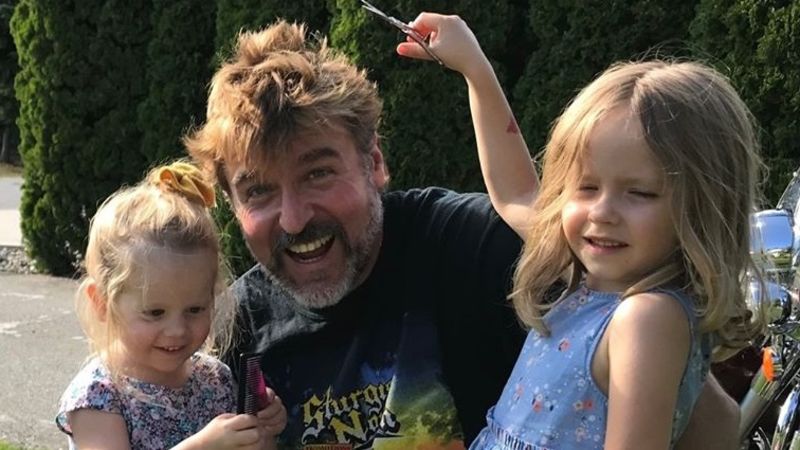
SOUND OFF: Flattening the curve on mental health
THE PAST MONTHS of dealing with the ups and downs of the pandemic response have been challenging for everyone. All of us have had to come to terms with the lack of control, a growing sense of the unknown and worry for loved ones who may be immuno-compromised or essential workers on the frontline. Understanding this, it is clear just how hard these 20 weeks have been on everyone’s mental health, and even more so for those who already face the challenges that come with anxiety and depression.
The pandemic has effectively amplified the mental health challenges that were already present for so many. The immediacy of change, the lack of social interaction and the elimination of previously comforting routines has been hard, there is no other way to put it. Given all of this, it should be clearer than ever that it is okay to not be okay. It is completely understandable for fear and anxiety to accompany a worldwide pandemic, and we need to allow ourselves to seek out support. None of us is alone in this.
We also need to acknowledge there is still work to be done to change the attitude and stigma around mental health. There has been an active effort through initiatives like Bell Let’s Talk Day to normalize the challenges that so many struggle with and we need to continue supporting this important work so that everyone feels comfortable sharing their experiences. It has been encouraging to see the progress in attitudes towards mental health in the last decade, but that work is not over.
Addiction is also closely associated with mental health and we have seen this clearly during the pandemic, as June was the deadliest month for drug overdose deaths in B.C’s history. It is estimated that those dealing with mental illness are twice as likely to have a substance use problem compared to the general population, making it all the more important that comprehensive mental health services are available in our communities.


